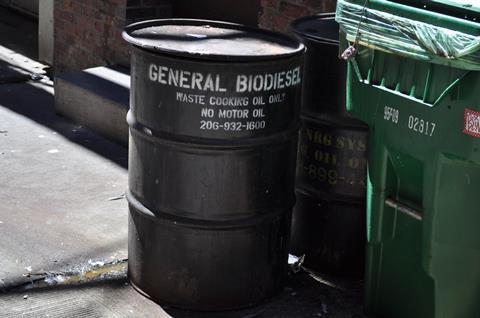
The government has launched a consultation on proposals to increase the percentage of renewable fuels used in road transport under its Renewable Transport Fuels Obligation (RTFO).
Proposals include increasing the RTFO main obligation to supply renewable fuel by 2.5% by 2032 with an immediate increase of 1% in 2022 as E10 is introduced, expanding the RTFO to reward recycled carbon fuels (fuels produced from fossil wastes that cannot be avoided, reused or recycled) and being more flexible in rewarding renewable fuels of non-biological origin.
Andy Eastlake, MD of the Zemo Partnership, said that while the RTFO set a minimum requirement for the supply of renewable transport fuels, the aim should be to also encourage greater demand of renewable fuels where possible.
“We are trying to make the market pull renewable fuels as well,” he said. “This consultation suggests they are going to increase the RTFO to force more renewable fuel into the market which is a good thing. We still think there is a role for market demand measures so companies that want to do the right thing should be helped to buy renewable fuels if they can.”
In 2018 the government set a target of 12.4% for the RTFO by 2032 but now believes this goal can be increased. While fuel suppliers that do not meet the minimum levels can buy certificates instead, the percentage of biodiesel in standard B7 pump diesel has been steadily increasing and is now around 6%.
“Because the RTFO has been ratcheting up over recent years it is almost getting up to the ‘blend wall’,” said Eastlake. “Much of the heavy truck fleet can go to B30, B100 or renewable HVO blends whereas the diesel car fleet is going to struggle beyond B7. The RTFO might allow us to be more aggressive with that B30 or B100 element and also with biogas.”














